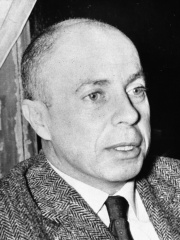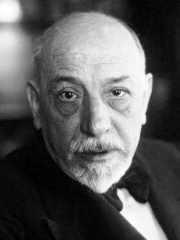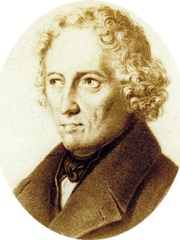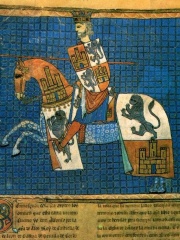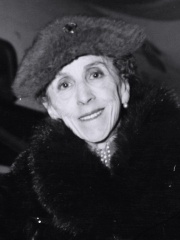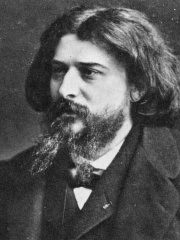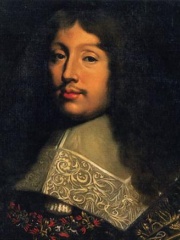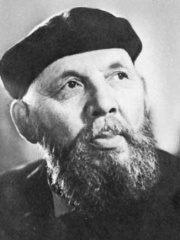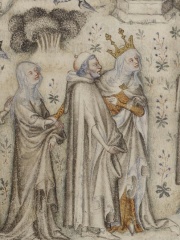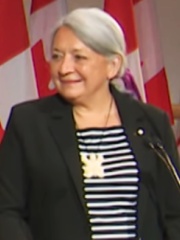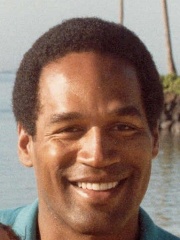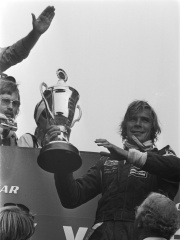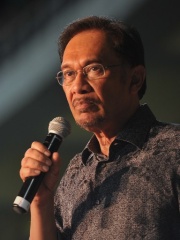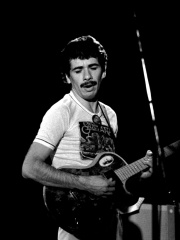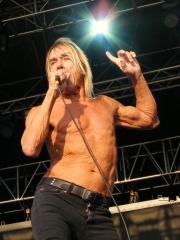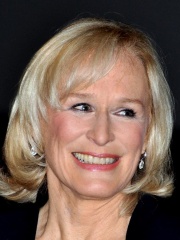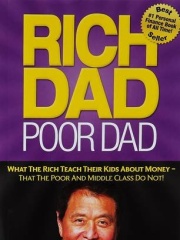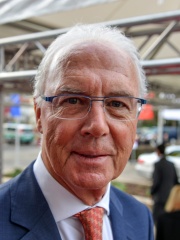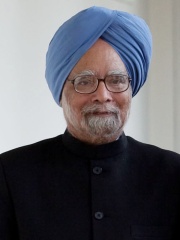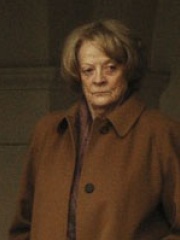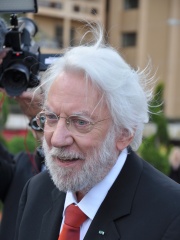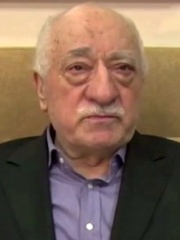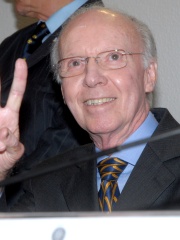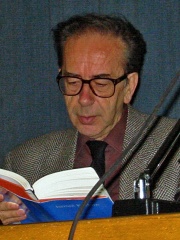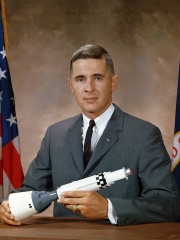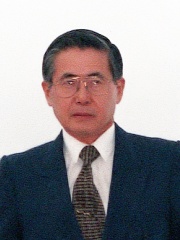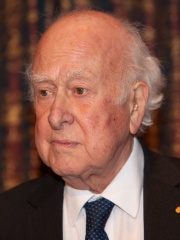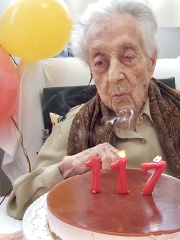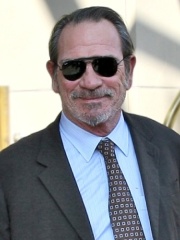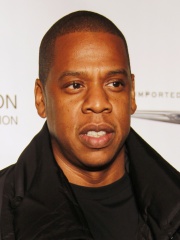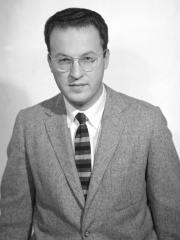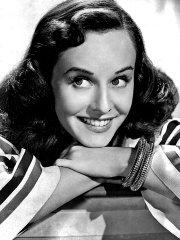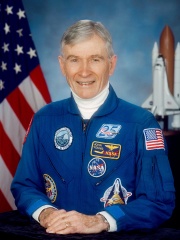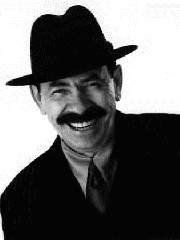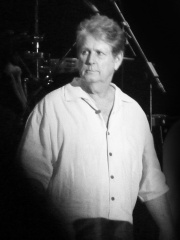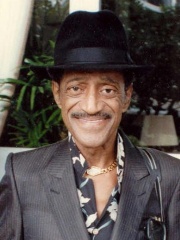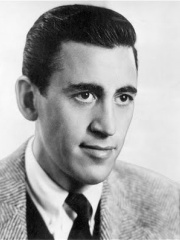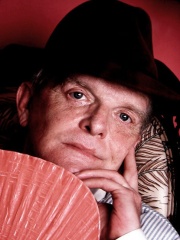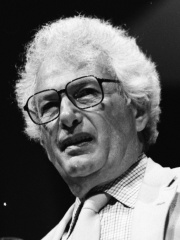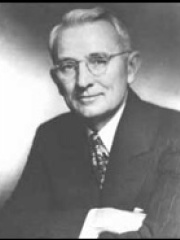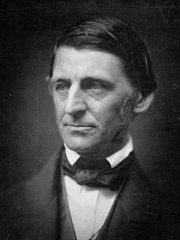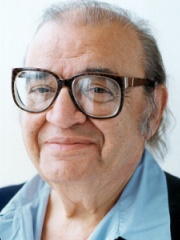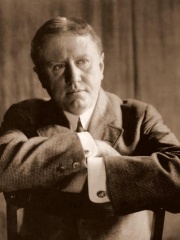Schrijver
Paul Auster
1947 - 2024
NL.WIKIPEDIA PAGE VIEWS (PV)

 Paul Auster
Paul Auster
Zijn biografie is beschikbaar in 59 verschillende talen op Wikipedia (toegenomen van 54 in 2024). Paul Auster staat op plaats 296 onder de meest populaire schrijver (gestegen van plaats 366 in 2024), plaats 317 onder de meest populaire biografieën uit Verenigde Staten (gestegen van plaats 347 in 2019) en op plaats 30 onder de populairste schrijver uit Verenigde Staten.
Memorability Metrics
Page views of Paul Auster by language
Among Schrijvers
Among schrijvers, Paul Auster ranks 296 out of 7,302. Before him are Claude Simon, Luigi Pirandello, Jacob Grimm, Bram Stoker, Walt Whitman, and Alfonso X of Castile. After him are Karen Blixen, Alphonse Daudet, François de La Rochefoucauld, Frans Eemil Sillanpää, Guillaume de Machaut, and Arthur Miller.
Most Popular Schrijvers in Wikipedia
Go to all RankingsClaude Simon
1913 - 2005
HPI: 76.01
Rank: 290
Luigi Pirandello
1867 - 1936
HPI: 75.95
Rank: 291
Jacob Grimm
1785 - 1863
HPI: 75.89
Rank: 292
Bram Stoker
1847 - 1912
HPI: 75.89
Rank: 293
Walt Whitman
1819 - 1892
HPI: 75.87
Rank: 294
Alfonso X of Castile
1221 - 1284
HPI: 75.86
Rank: 295
Paul Auster
1947 - 2024
HPI: 75.86
Rank: 296
Karen Blixen
1885 - 1962
HPI: 75.85
Rank: 297
Alphonse Daudet
1840 - 1897
HPI: 75.83
Rank: 298
François de La Rochefoucauld
1613 - 1680
HPI: 75.81
Rank: 299
Frans Eemil Sillanpää
1888 - 1964
HPI: 75.78
Rank: 300
Guillaume de Machaut
1300 - 1377
HPI: 75.77
Rank: 301
Arthur Miller
1915 - 2005
HPI: 75.76
Rank: 302
Contemporaries
Among people born in 1947, Paul Auster ranks 21. Before him are Mary Simon, O. J. Simpson, James Hunt, Mario Draghi, Shirin Ebadi, and Anwar Ibrahim. After him are Mohammad Najibullah, Carlos Santana, Iggy Pop, Herman Van Rompuy, Glenn Close, and Robert Kiyosaki. Among people deceased in 2024, Paul Auster ranks 9. Before him are Franz Beckenbauer, Manmohan Singh, Maggie Smith, Donald Sutherland, O. J. Simpson, and Fethullah Gülen. After him are Mário Zagallo, Ismail Kadare, William Anders, Alberto Fujimori, Peter Higgs, and Maria Branyas.
Others Born in 1947
Go to all RankingsMary Simon
POLITICIAN
1947 - Present
HPI: 76.61
Rank: 15
O. J. Simpson
AMERICAN FOOTBALL PLAYER
1947 - 2024
HPI: 76.56
Rank: 16
James Hunt
RACING DRIVER
1947 - 1993
HPI: 76.33
Rank: 17
Mario Draghi
ECONOMIST
1947 - Present
HPI: 76.21
Rank: 18
Shirin Ebadi
SOCIAL ACTIVIST
1947 - Present
HPI: 76.17
Rank: 19
Anwar Ibrahim
POLITICIAN
1947 - Present
HPI: 76.01
Rank: 20
Paul Auster
WRITER
1947 - 2024
HPI: 75.86
Rank: 21
Mohammad Najibullah
POLITICIAN
1947 - 1996
HPI: 75.28
Rank: 22
Carlos Santana
MUSICIAN
1947 - Present
HPI: 74.91
Rank: 23
Iggy Pop
MUSICIAN
1947 - Present
HPI: 74.75
Rank: 24
Herman Van Rompuy
POLITICIAN
1947 - Present
HPI: 74.69
Rank: 25
Glenn Close
ACTOR
1947 - Present
HPI: 74.65
Rank: 26
Robert Kiyosaki
BUSINESSPERSON
1947 - Present
HPI: 74.54
Rank: 27
Others Deceased in 2024
Go to all RankingsFranz Beckenbauer
SOCCER PLAYER
1945 - 2024
HPI: 83.54
Rank: 3
Manmohan Singh
POLITICIAN
1932 - 2024
HPI: 82.56
Rank: 4
Maggie Smith
ACTOR
1934 - 2024
HPI: 77.94
Rank: 5
Donald Sutherland
ACTOR
1935 - 2024
HPI: 76.71
Rank: 6
O. J. Simpson
AMERICAN FOOTBALL PLAYER
1947 - 2024
HPI: 76.56
Rank: 7
Fethullah Gülen
RELIGIOUS FIGURE
1941 - 2024
HPI: 76.15
Rank: 8
Paul Auster
WRITER
1947 - 2024
HPI: 75.86
Rank: 9
Mário Zagallo
SOCCER PLAYER
1931 - 2024
HPI: 75.76
Rank: 10
Ismail Kadare
WRITER
1936 - 2024
HPI: 75.57
Rank: 11
William Anders
ASTRONAUT
1933 - 2024
HPI: 75.54
Rank: 12
Alberto Fujimori
POLITICIAN
1938 - 2024
HPI: 75.53
Rank: 13
Peter Higgs
PHYSICIST
1929 - 2024
HPI: 75.42
Rank: 14
Maria Branyas
CELEBRITY
1907 - 2024
HPI: 75.38
Rank: 15
In Verenigde Staten
Among people born in Verenigde Staten, Paul Auster ranks 317 out of NaN. Before him are Tommy Lee Jones (1946), Billy the Kid (1859), Steve Bannon (1953), John R. Bolton (1948), Jay-Z (1969), and Walt Whitman (1819). After him are Donald A. Glaser (1926), Paulette Goddard (1910), John Young (1930), Scatman John (1942), Brian Wilson (1942), and Sammy Davis Jr. (1925).
Others born in Verenigde Staten
Go to all RankingsTommy Lee Jones
ACTOR
1946 - Present
HPI: 75.92
Rank: 311
Billy the Kid
MAFIOSO
1859 - 1881
HPI: 75.91
Rank: 312
Steve Bannon
POLITICIAN
1953 - Present
HPI: 75.91
Rank: 313
John R. Bolton
DIPLOMAT
1948 - Present
HPI: 75.90
Rank: 314
Jay-Z
SINGER
1969 - Present
HPI: 75.88
Rank: 315
Walt Whitman
WRITER
1819 - 1892
HPI: 75.87
Rank: 316
Paul Auster
WRITER
1947 - 2024
HPI: 75.86
Rank: 317
Donald A. Glaser
PHYSICIST
1926 - 2013
HPI: 75.85
Rank: 318
Paulette Goddard
ACTOR
1910 - 1990
HPI: 75.84
Rank: 319
John Young
ASTRONAUT
1930 - 2018
HPI: 75.84
Rank: 320
Scatman John
MUSICIAN
1942 - 1999
HPI: 75.82
Rank: 321
Brian Wilson
MUSICIAN
1942 - 2025
HPI: 75.80
Rank: 322
Sammy Davis Jr.
SINGER
1925 - 1990
HPI: 75.78
Rank: 323
Among Schrijvers In Verenigde Staten
Among schrijvers born in Verenigde Staten, Paul Auster ranks 30. Before him are J. D. Salinger (1919), Truman Capote (1924), Joseph Heller (1923), Dale Carnegie (1888), Ralph Waldo Emerson (1803), and Walt Whitman (1819). After him are Arthur Miller (1915), Herman Melville (1819), Philip K. Dick (1928), Mario Puzo (1920), O. Henry (1862), and Ivanka Trump (1981).
J. D. Salinger
1919 - 2010
HPI: 77.30
Rank: 24
Truman Capote
1924 - 1984
HPI: 77.19
Rank: 25
Joseph Heller
1923 - 1999
HPI: 76.72
Rank: 26
Dale Carnegie
1888 - 1955
HPI: 76.57
Rank: 27
Ralph Waldo Emerson
1803 - 1882
HPI: 76.21
Rank: 28
Walt Whitman
1819 - 1892
HPI: 75.87
Rank: 29
Paul Auster
1947 - 2024
HPI: 75.86
Rank: 30
Arthur Miller
1915 - 2005
HPI: 75.76
Rank: 31
Herman Melville
1819 - 1891
HPI: 75.56
Rank: 32
Philip K. Dick
1928 - 1982
HPI: 75.12
Rank: 33
Mario Puzo
1920 - 1999
HPI: 75.09
Rank: 34
O. Henry
1862 - 1910
HPI: 74.72
Rank: 35
Ivanka Trump
1981 - Present
HPI: 74.61
Rank: 36
